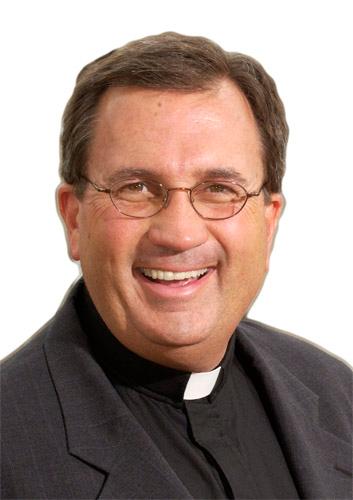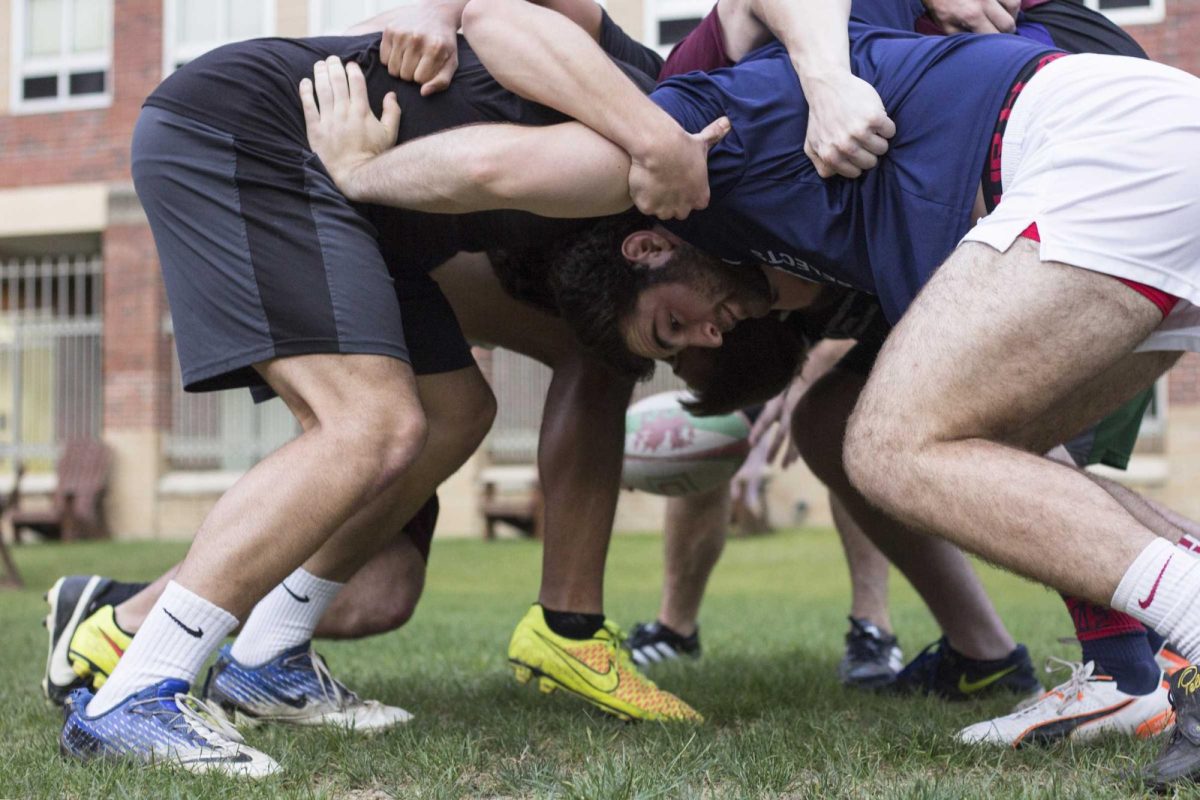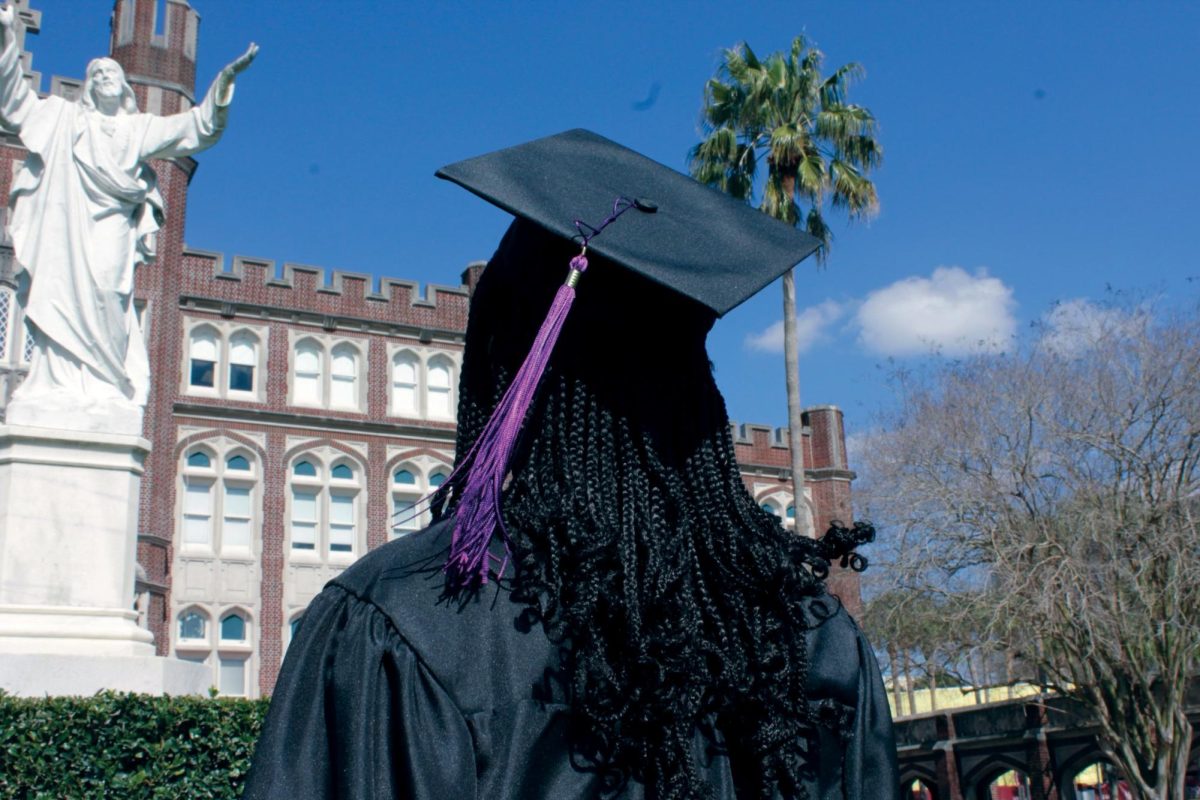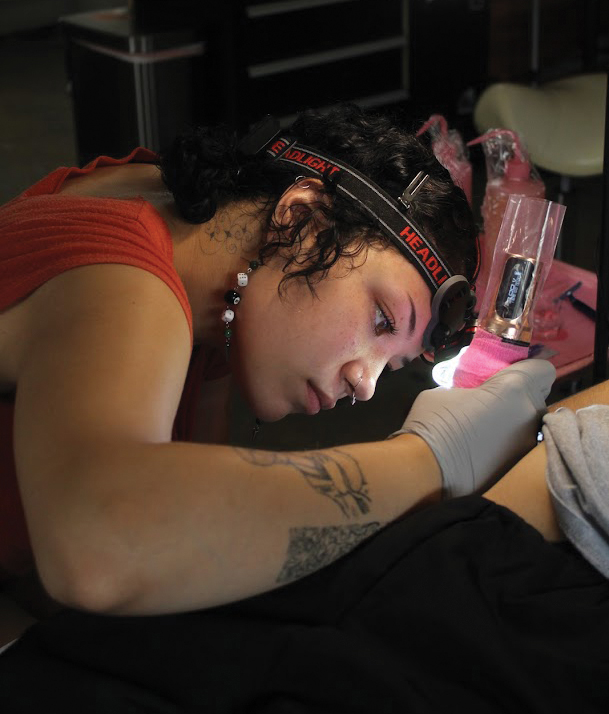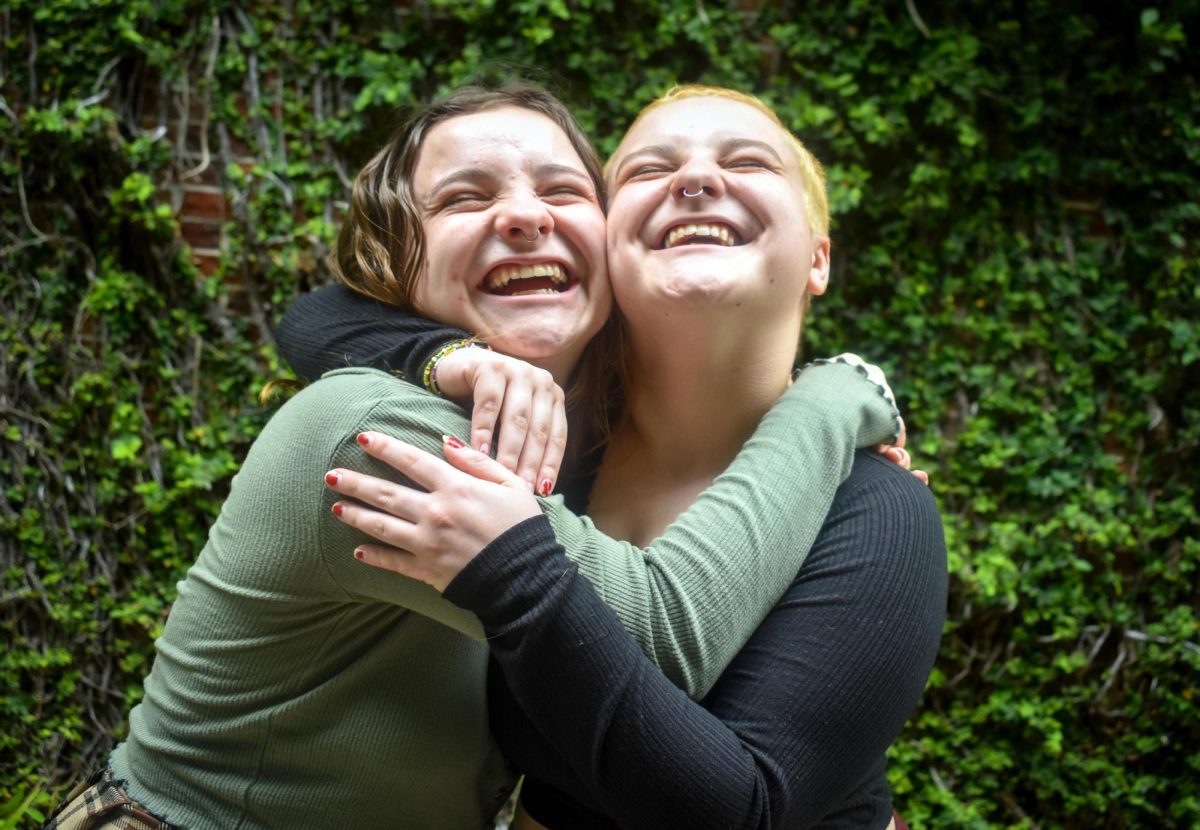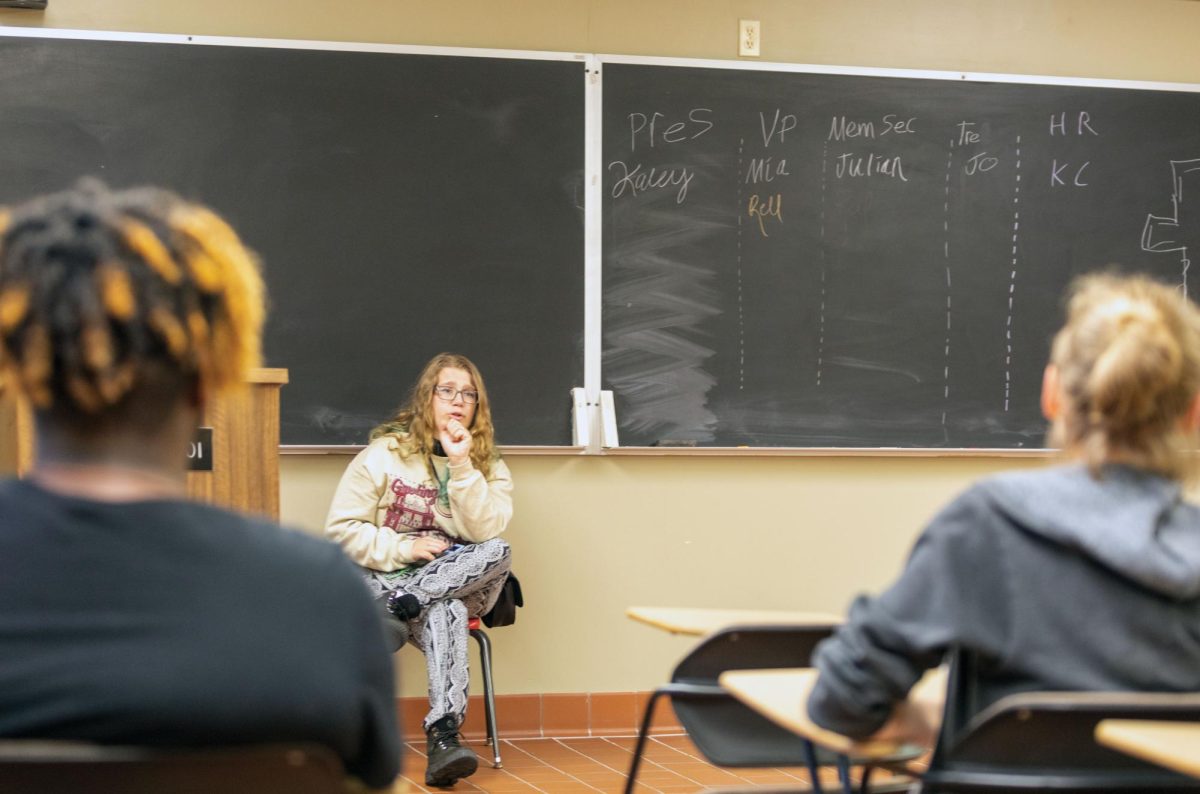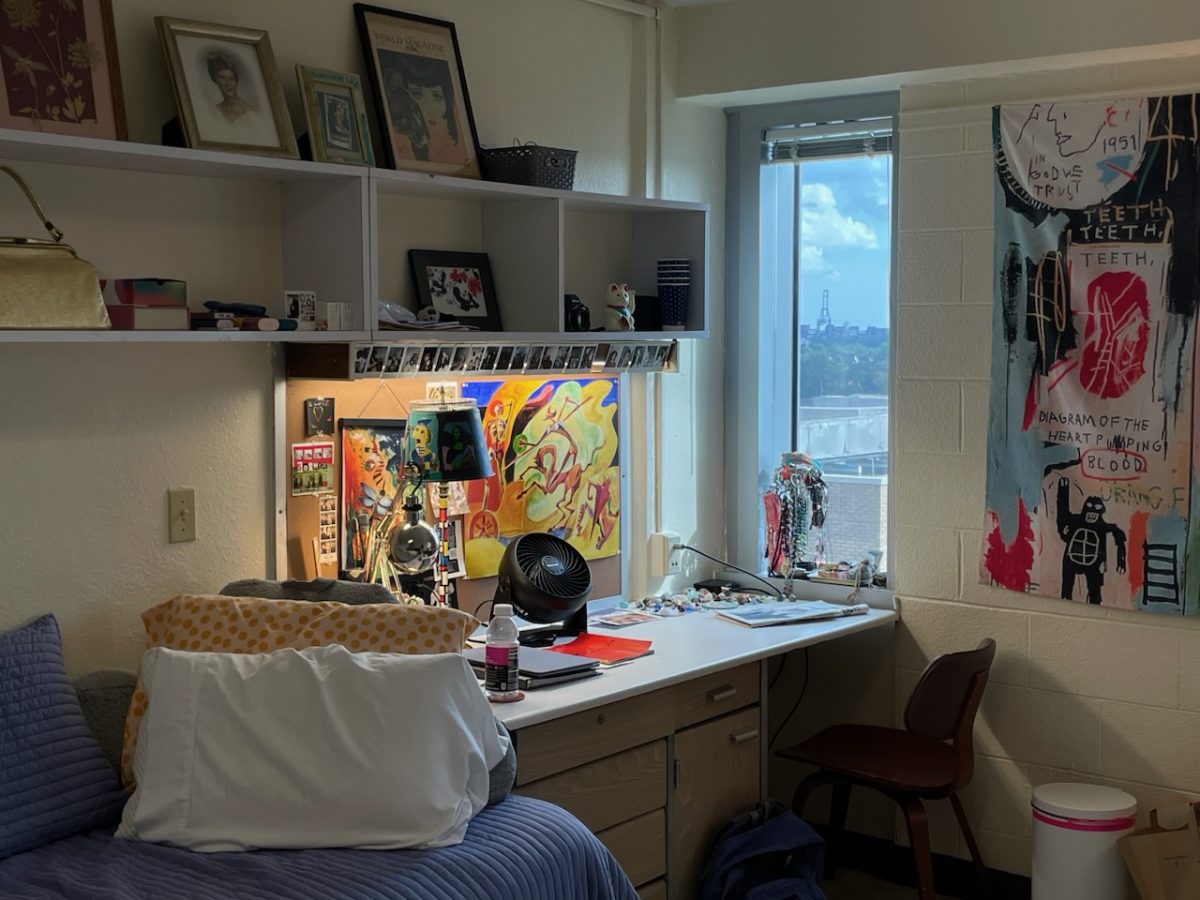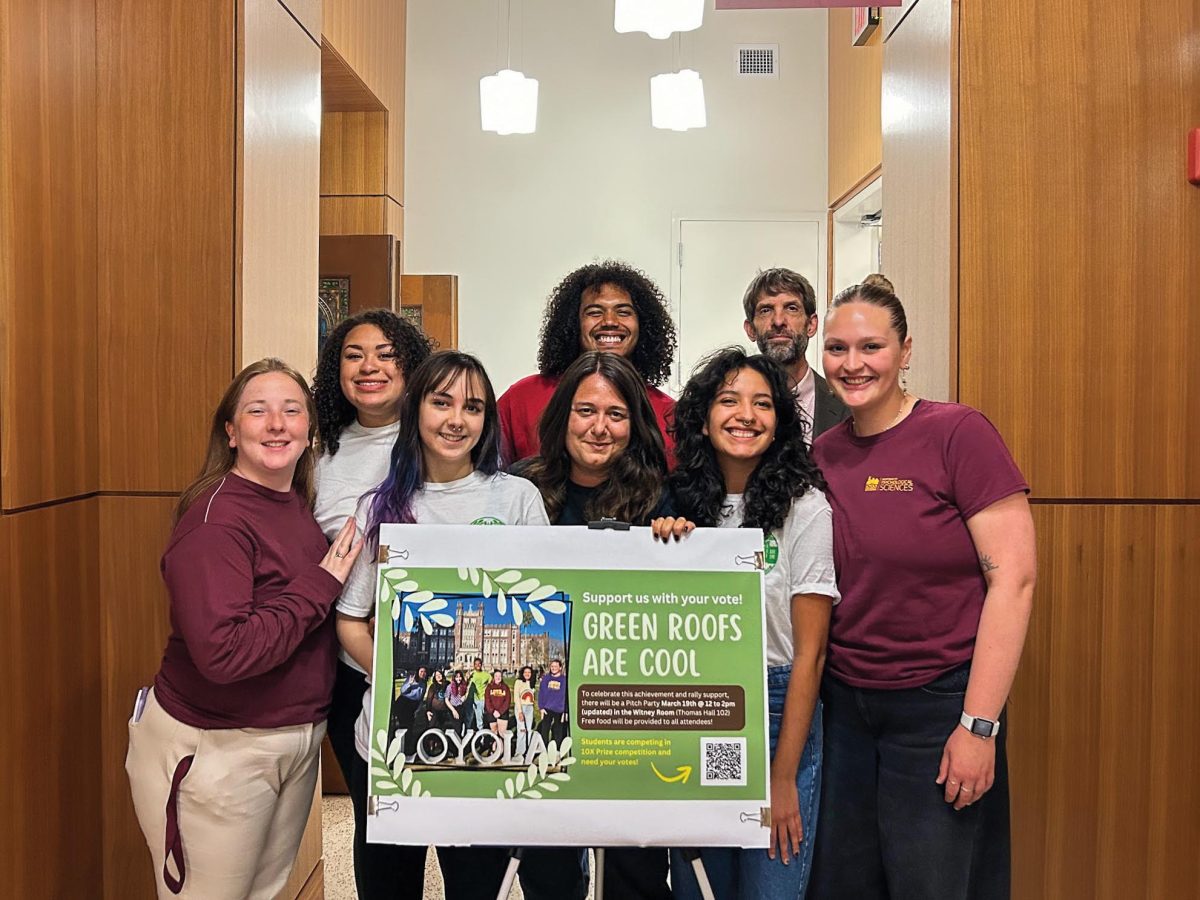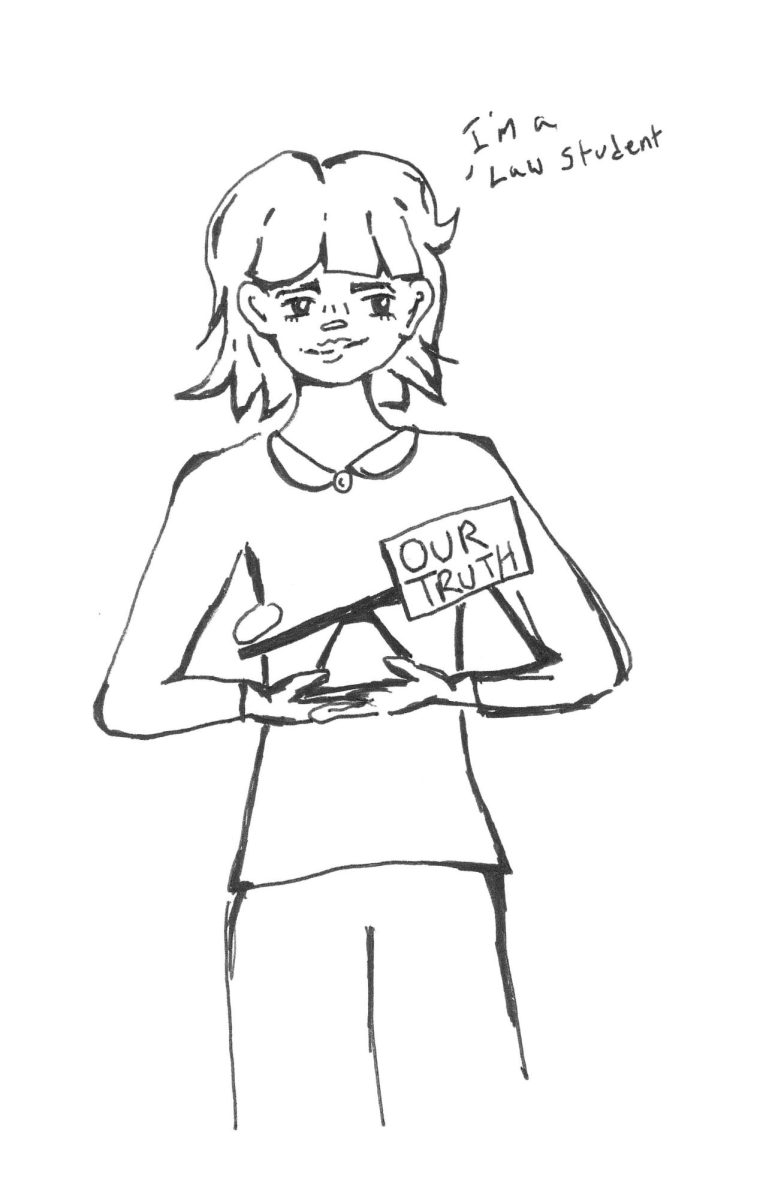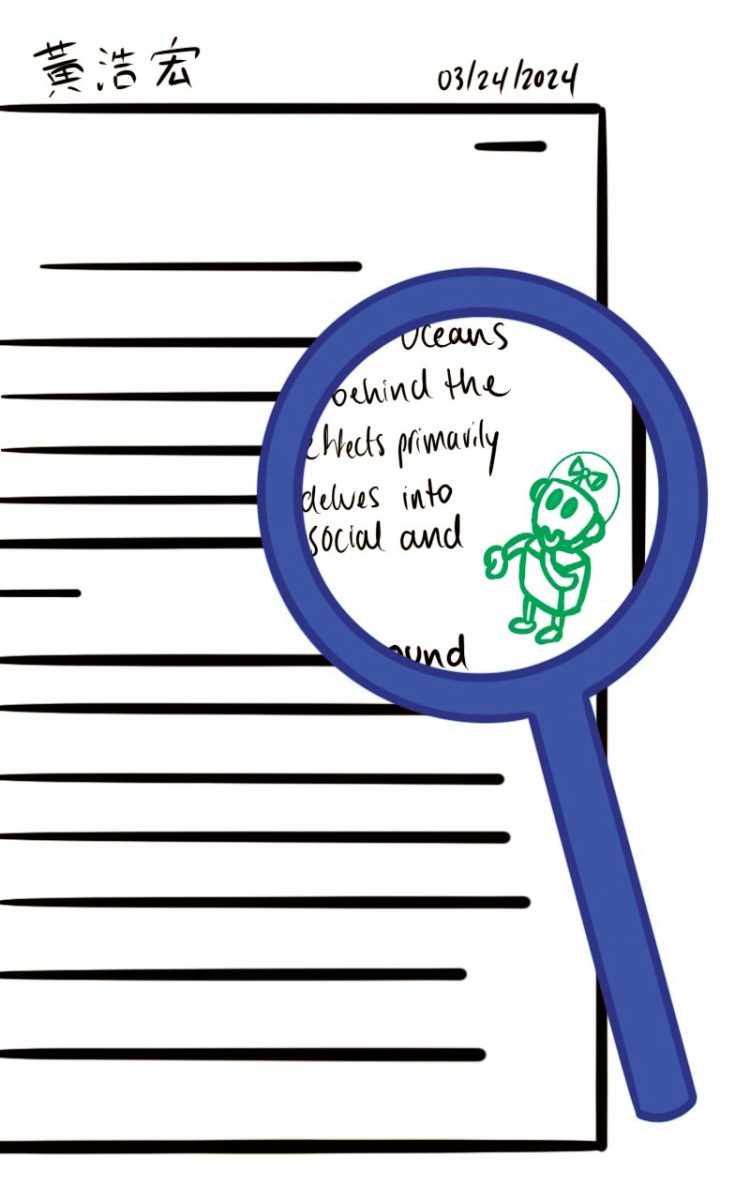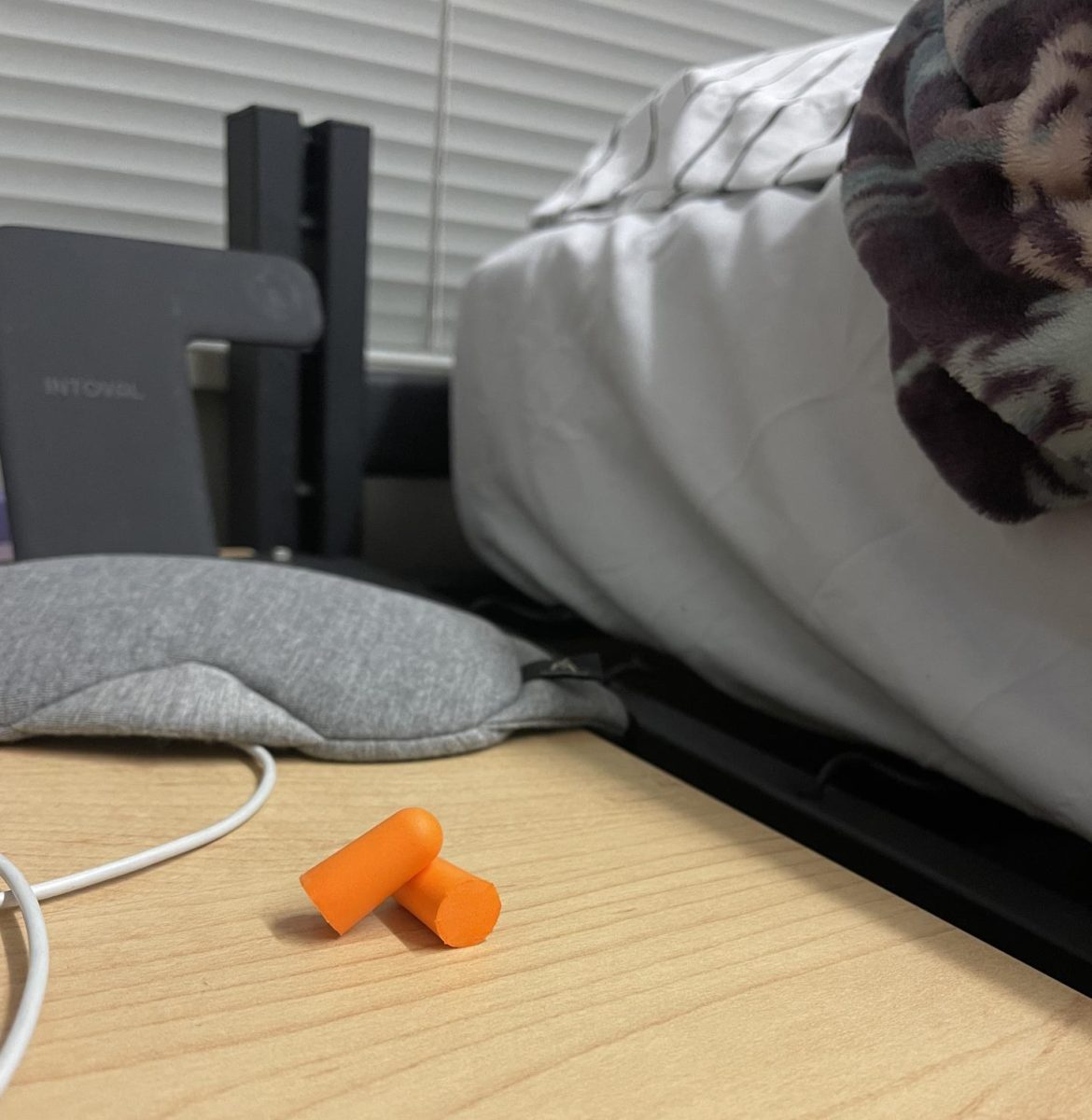My academic work has been in the field of bioethics and health policy. The United States is a nation that celebrates diversity: diversity of race, gender, professions, geography and moral views. Moral diversity is part of the practice of contemporary medicine. Health care is a cooperative endeavor, as it requires a variety of professionals to work together to deliver care to patients. And each may have different views about what is morally appropriate.
Most of the time, these cooperative endeavors between people and institutions are not hard to figure out. But there can be challenges. How can people with different moral views cooperate and work together without surrendering their moral identity? Knowing one’s moral identity is crucial to being a mature, adult human being. People need to know their moral values and what they can, or cannot, compromise. Compromise is essential to peaceful human life in a morally diverse society.
I have long argued that institutions, like hospitals and universities, are similar to human beings in that they can have a moral identity. That moral identity is shaped by their mission. I have argued that organizations need to be public and clear about their identity and mission.
Loyola’s mission is as a Jesuit and Catholic institution of higher education. This identity orients our curriculum and style of education. We offer an education that is committed to academic excellence and opening the mind in the tradition of the liberal arts and sciences. We offer an education that seeks to educate the whole person and where Student Affairs is integral with Academic Affairs in the education we offer.
We believe that this holistic education will help to shape women and men who will be committed to benefit the larger community.
Our identity and mission not only shapes our academic and intellectual life, but it also shapes Loyola’s life outside the classroom. Our identity and mission foster a culture, inside and outside the classroom, which asks questions about how society treats people and fosters a culture that supports organizations like the Loyola University Community Action Program.
That same identity and mission also means that there are practices we will monitor and engage in. It drives our commitment to fairness in contracts and we will monitor the business practices of companies with whom we contract. For example, a factor in our decision to use Follett to manage our bookstore was because they are part of the Fair Labor Association in the manufacture of apparel and they are committed to sustainable environmental practices.
In recent weeks there have been several discussions in the pages of The Maroon about sexuality health services on campus (Nov. 11 editorial on condoms and Nov. 18 article “Some students unhappy with one voice”). As with other parts of life at Loyola, our health services and groups that we officially recognize are shaped by our identity as a Catholic and Jesuit university. It is that identity that underlies our commitment to a more just society, and that identity shapes our policies toward health care.
In our actions as a university, we act as a Catholic institution and our policies reflect that. As a university, we are also a place of debate and discussion, so it is paramount that we protect the free and open exchange of ideas and points of view. So, while we do not have a university-sanctioned pro-choice group, we welcome debate. And, while we do not, as a Catholic university, provide condoms through our health services, we do respect and protect the confidentiality of the patient-physician relationship.
In America today, where complex issues are often reduced to the catchiest slogan, this approach will seem confusing. But it enables us to uphold a moral identity, which underlies our mission, at a time when it is all too easy to forget one’s moral commitments that allow us, as a university community, to respect the conscience and choices of each individual.
Kevin Wm. Wildes, S.J., is the president of Loyola University New Orleans. He can be reached at [email protected]
On the Record is a weekly column open to any member of Loyola’s faculty and staff. Those interested in contributing can contact [email protected]







